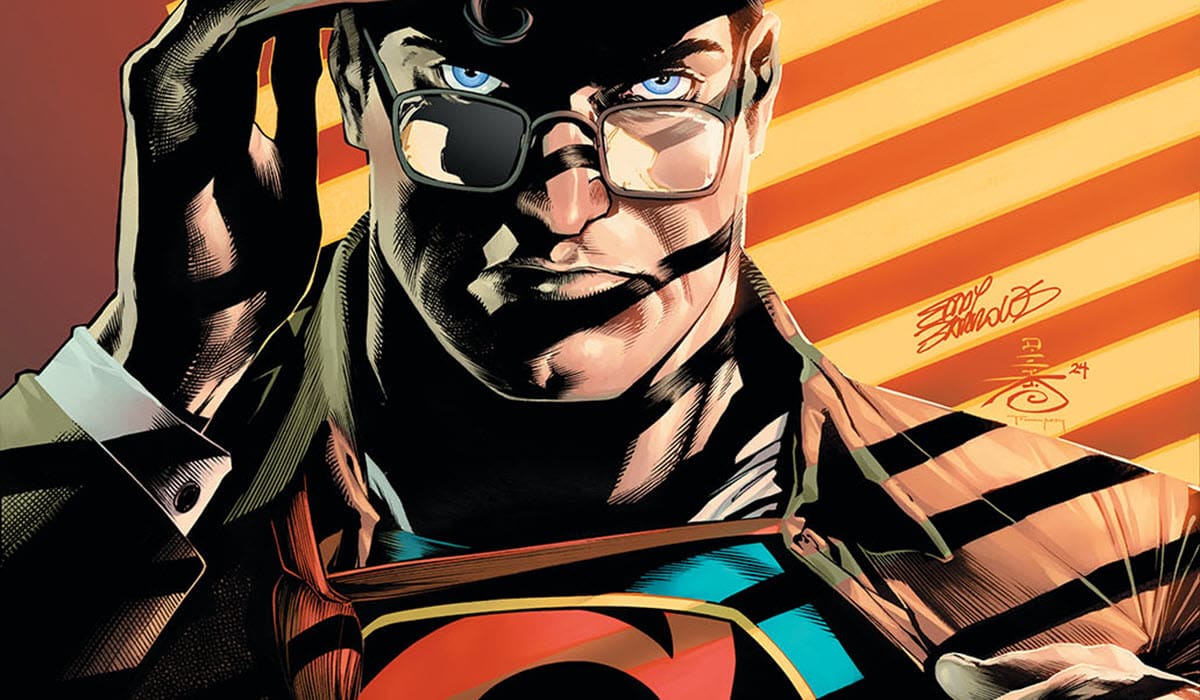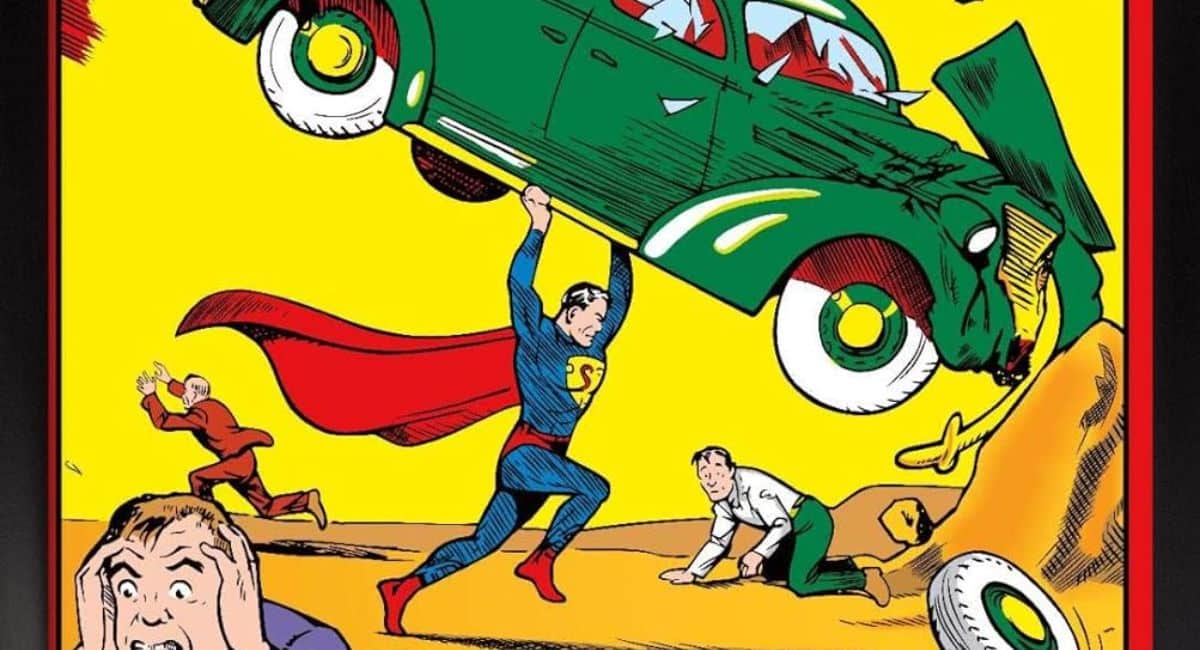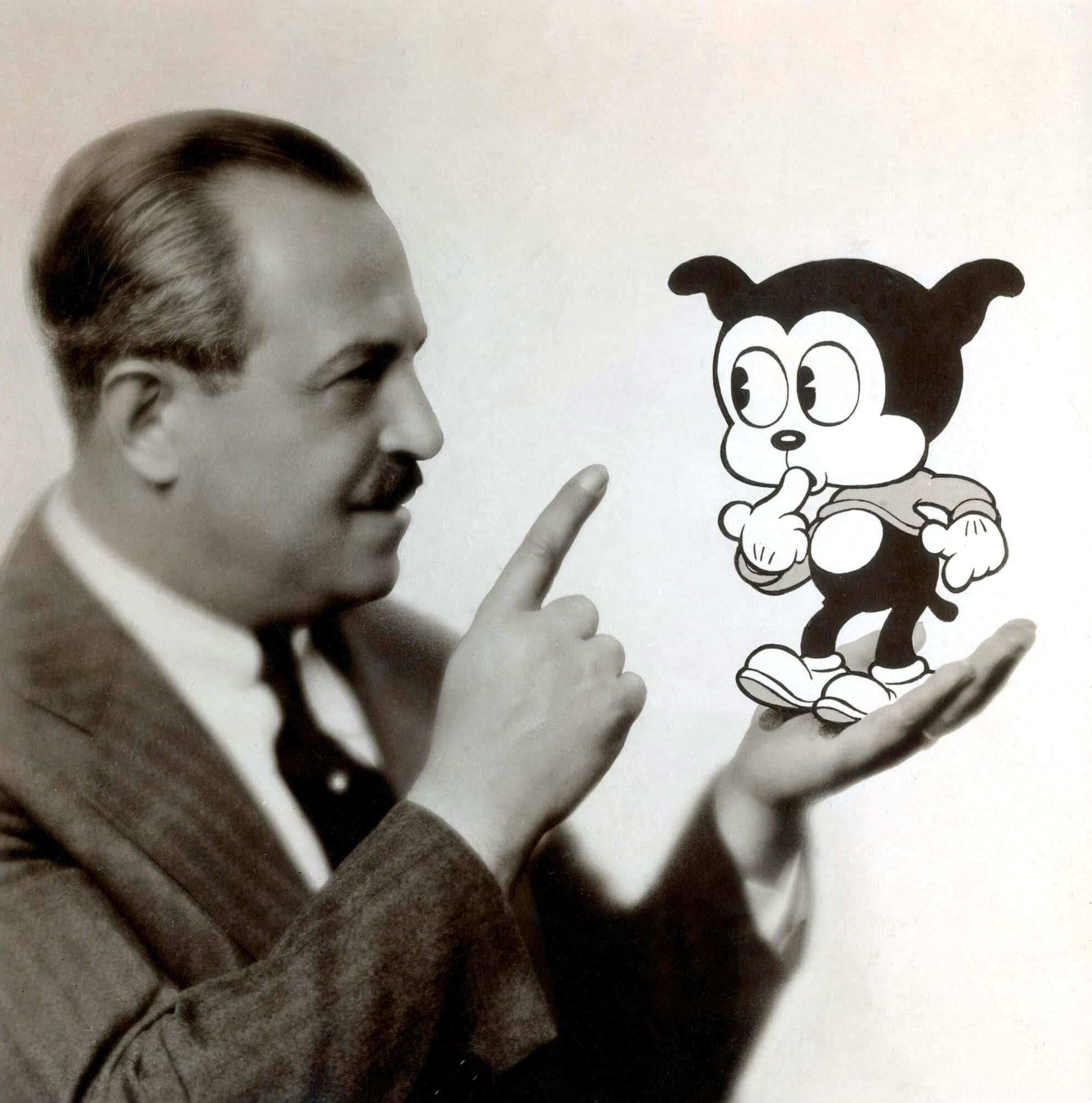Warner Bros is doing the happy dance in the Superman legal tangle after what was called a unanimous and extremely significant ruling from the U.S. 9th Circuit Court of Appeals. Heard before Alex Kozinski, Chief Judge, Diarmuid F. O’Scannlain and N. Randy Smith, Circuit Judges, the Opinion (see link below) was written by Judge O’Scannlain.
11-71844
The decision is pretty heavy on the legalese, but until Jeff Trexler comes along and explains it, this seems to be a WB victory as Trexler wrote about recently, and also refers to WB’s attempts to get attorney Marc Toberoff removed from the case based on papers that were stolen from his office. Warners was arguing that Toberoff was participating in the proceeds of the Jerry Siegel estate’s legal quest to receive half of the profits from Superman—and as such was materially connected.
We’ll have a read through but in the meantime, Warner Brother released the following statement:
We are extremely pleased that the 9th Circuit unanimously found in our favor. The ruling means that defendant Mark Toberoff must now turn over critical evidence in the pending litigation against him and others.
Toberoff also released a statement:
“We cooperated with the US Attorney’s office to enable them to investigate the theft from our law firm of the Siegels and Shuster’s privileged documents. We are disappointed in today’s decision which holds that such cooperation with law enforcement by the victims of a privacy crime, itself waives privilege as to stolen documents. However, nothing in this ruling or the documents at issue will affect the merits of this case. We are considering our options as to the ruling, and will continue to vigorously defend our clients’ rights.”
UPDATE: And here’s the Beat’s legal analyst, Jeff Trexler, explaining what happened for laymen:
Earlier today, the Ninth Circuit U.S. Court of Appeals ruled in favor of DC in its case against Marc Toberoff and his company, Pacific Pictures. While the core of the decision is a technical aspect of procedural law pertaining to attorney-client privilege, the court’s opinion reinforces the central point of my most recent posts: namely, that by making Toberoff the target, Warner Brothers (WB) very well might be able to undo the Siegel heir’s historic courtroom victory.
As you may recall, WB and its replacement outside counsel, Daniel Petrocelli, filed a lawsuit challenging the propriety of Toberoff’s representation of the Siegel heirs in their attempts to regain Superman-related material from the company. A key part of WB’s case was a set of documents regarding Toberoff’s dealings with the Siegel and Shuster heirs, which had been sent to DC executives by a whistleblower.
This is the case at issue today. Toberoff claimed the leaked documents were protected by attorney-client privilege and thus could not be part of WB’s evidence. However, Toberoff had provided these same documents to the U.S. Attorney’s office in its criminal investigation into the whistleblower’s alleged theft. WB asked the court to give the company full access to the documents that Toberoff had given the government. According to WB, once these documents were supplied to the government, the attorney-client no longer applied.The Ninth Circuit’s ruling today gives a clear victory to WB in the dispute over these documents–the panel unanimously held that attorney client privilege no longer applied. The reasoning is somewhat technical, and because there is a split on this issue among federal circuits, there’s a chance, however slim, that the Supreme Court might hear an appeal. Unless the Supreme Court rules otherwise, the magistrate’s order that Toberoff provide WB with all of the documents given to the government will stand.
What does this mean for the Siegel lawsuit? Come back to The Beat in a few for my next post.







So… does this mean Superman will get his red super-shorts back?
It’s just more evidence the judicial system is owned by corporations, just the same way they own the political system. The Supreme Court of the United States is the best possible evidence of this sad fact.
Hooray for multi-million dollar corporate lawyers!!
I bet the 9th Circuit is going to be reading Before Watchmen too!
I’m still trying to visualize WB in a Superman suit.
Before everyone gets in auto-reactionary mode over “the the corporations maaaaan,” you should note that Toberoff is at heart a con man trying to get a piece of these characters for himself should he be able to get them away from these companies.
If you think he genuinely cares about any kind of comics creators rights you’re fooling yourself. In my opinion it’s a real pity both Toberoff and Warners can’t both lose and put Superman in the public domain like he should have gone back in the 90s.
Johnny: I don’t think anyone, anywhere, is under the misconception that anyone genuinely cares about comic creators’ rights.
Thank you Mr Memeonic- that’s pretty much exactly what I was going to say. Toberoff is not any kind of good guy in this situation.
Looking forward to more analysis.
Are there people here who are not aware Toberoff takes on the likes of Disney and Warner on a contingency basis?
It’s perfectly reasonable he get a very large reward in the event he is able to win a judgment going up against huge corporations which the average person would have no chance against at all. It’s actually in the best interest of the people he represents that his share is as large as it is because it provides the motivation for him to fight hard.
Reading about these cases I’m often under the impression people think Toberoff is working for a fee, that he’s being paid by the hour. It isn’t true, Toberoff assumes all risk, collects no fee, and is paid nothing unless he secures a victory, or settlement.
Consider the case of Steve Englehart who had a very weak case, had to hire a lawyer, got very limited legal representation, and ended up owing Disney/Marvel money on top of his own legal expenses.
Toberoff deserves every penny he can get, particularly seeing any case involving corporate giants like Disney would probably be fought all the way to the Supreme Court of the United States where Toberoff faces the unlikely prospect of finding five votes in a court which is populated by Roberts, Scalia, Alito, Thomas, and Kennedy.
Do we know what the significance of these letters to the case actually is? I assume they must demonstrate something more than the bare fact of Toberoff’s apparent conflict of interest.
http://ohdannyboy.blogspot.com.au/2011/06/dc-comics-plaintiff-v-pacific-pictures.html
@Paul O’Brien My next post goes into some of the key legal implications of this letter. It does indeed go beyond the bare fact of an apparent conflict–WB argues that due to the transfer of future Superman copyright interests to a joint venture with Pacific, the court has specific legal grounds to nullify the termination and everything else since the Shuster estate’s 1992 agreement with DC and the terms (allegedly) agreed upon between DC and the Siegel heirs.
I didn’t use this analogy in the to-be-published post, but WB is essentially asking for a copyright retcon. From the company’s perspective, everything that happened since Toberoff came on the scene is inconsistent with the fundamental character of the law governing termination rights and work-for-hire. It’s like the real/clone Peter Parker hitting Mary Jane or the teen-aged Tony Stark–the best thing to do is pretend it never happened.
Except in this case, the court would not merely be erasing a narrative miscue. We’d lose the heirs’ historic co-ownership of Superman. It reminds me of Kurt Busiek’s classic The Nearness of You. Legally the Siegel victory would be erased from history, but the pangs of memory would remain.
“Consider the case of Steve Englehart who had a very weak case, had to hire a lawyer, got very limited legal representation, and ended up owing Disney/Marvel money on top of his own legal expenses.”
Are you sure that you don’t mean Mike Friedrich?
You both meant GARY FRIEDRICH
Whoops sorry about that.
“It’s actually in the best interest of the people he represents that his share is as large as it is because it provides the motivation for him to fight hard.”
This is not necessarily so. First, many lawyers work on a percentage basis including the lawyers that the Siegels fired after they negotiated the 2001 deal. They were getting only 5% compared to Toberoff’s 45%.
With that large of a commission, Toberoff can settle for a smaller amount and still make more than the previous lawyer did.
If anything, the lawyer getting only a 5% cut has the greater motivation to get as much as possible.